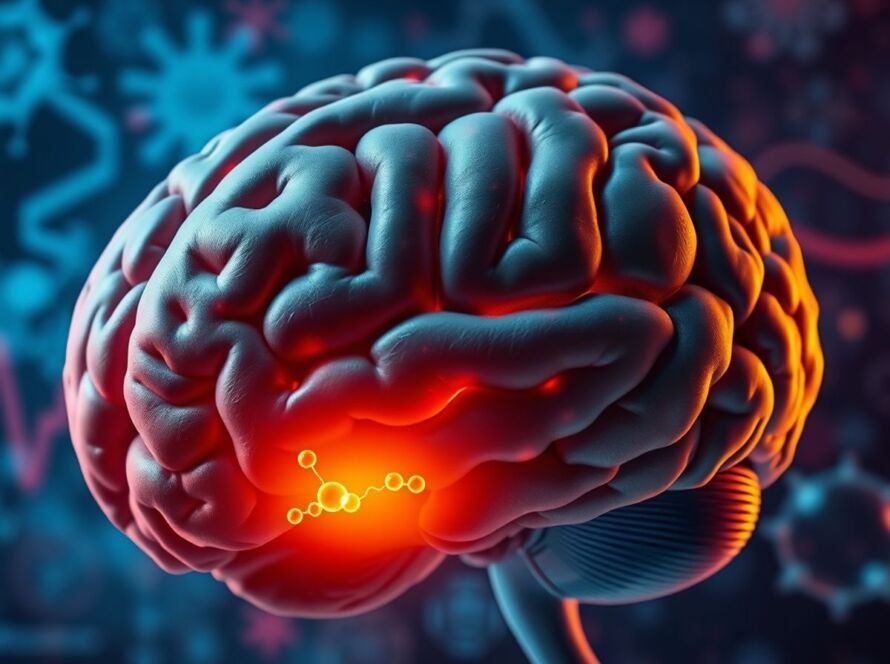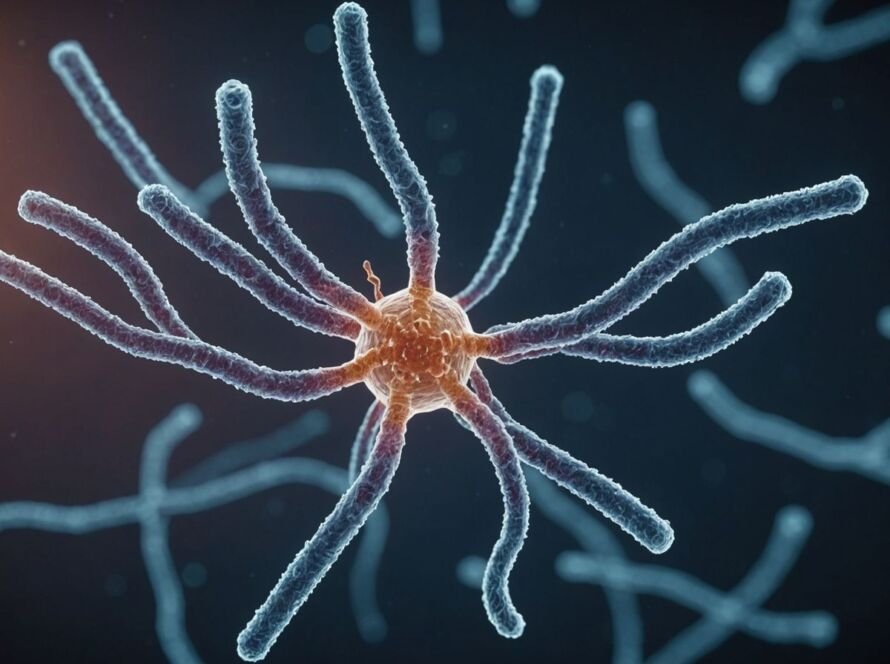Researchers have discovered that mushroom gummies marketed as brain boosters may contain illegal hallucinogens and other harmful ingredients. This revelation comes after five individuals, including a 3-year-old child, fell ill from consuming these products.
Key Takeaways
- Undisclosed Ingredients: Psilocybin and psilocin, both Schedule I drugs, were found in some brain-boosting gummies.
- Health Risks: A 3-year-old child and four adults became ill after consuming these gummies.
- Public Warning: Consumers are advised to be cautious with unregulated products claiming health benefits.
Discovery and Testing
The University of Virginia (UVA) Health experts issued a warning after a series of cases involving mushroom gummies led to illnesses. The UVA Health Medical Center’s emergency department saw five cases between September and June, prompting the Blue Ridge Poison Center to test five different brands of these products sold in Central Virginia gas stations and smoke shops.
Findings
Out of the five brands tested, three contained psilocybin or psilocin, substances classified as Schedule I drugs by the U.S. Food and Drug Administration. These drugs are illegal at both the federal and state levels and were not listed on the product labels. Other undisclosed ingredients included caffeine, ephedrine, and kratom, an herb with opioid-like effects and addiction risks.
Public Health Threat
The presence of these undisclosed ingredients poses a significant public health threat. Consumers have no way of knowing what they are ingesting, which can lead to severe health consequences. Researcher Avery Michienzi, DO, emphasized that legal does not necessarily mean safe, as these unregulated products can contain harmful substances.
Effects on Consumers
All four adults who fell ill had consumed the gummies intentionally, while the child accidentally ingested two gummies. Although all were treated and released, the child required an overnight hospital stay. The researchers were unable to purchase the exact brands consumed by the patients but tested similar products containing “mushroom nootropics.”
Expert Opinions
Lindsay Bazydlo, PhD, the lab’s medical director, expressed surprise at finding psilocybin and psilocin in the gummies, given their status as scheduled drugs. The researchers urge doctors to be vigilant for patients showing symptoms such as hallucinations, racing heartbeat, upset stomach, and altered mental state, which can resemble the effects of marijuana.
Published Findings
The UVA team has published its findings in the federal Centers for Disease Control and Prevention’s Morbidity and Mortality Weekly Report. The researchers hope that this information will raise awareness and prompt regulatory actions to ensure consumer safety.
Sources
- Brain-Boosting Gummies May Contain Illegal Hallucinogens – Neuroscience News, Neuroscience News.

